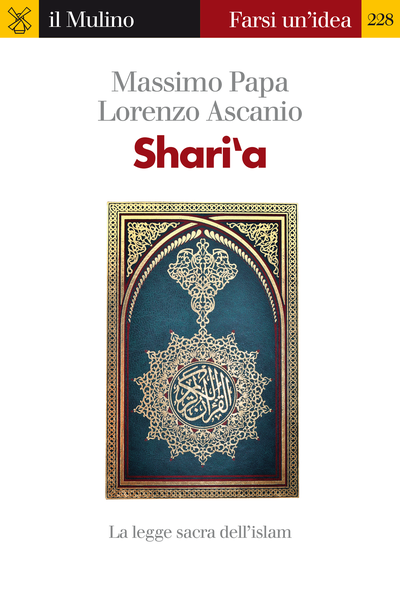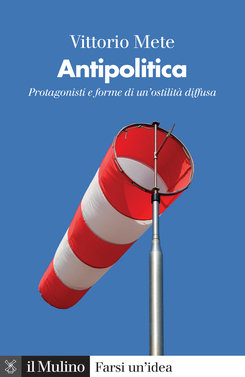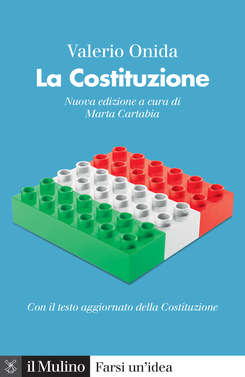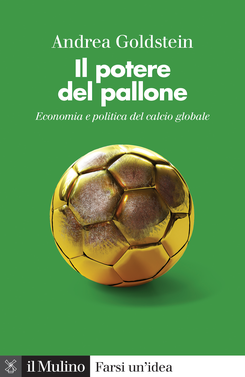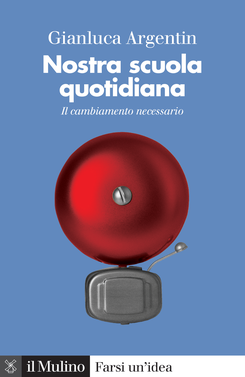Sharia
The great migrations towards Europe of Muslim peoples, market globalization, and the "Arab Spring" revolts have reduced the distance between the West and the Islamic world and made it more important to develop greater knowledge about the social, historical, and especially legal characteristics of its societies. The normative system known as Sharia is a set of rules that govern community life among Islamic believers, including matters such as marriage, contracts, and punishment. This book provides an account of how Islamic law has evolved from the end of the 19th century to the present day.
Massimo Papateaches Muslim Law and Law in Islamic Countries at the Tor Vergata University in Rome. He also directs the university's Interdisciplinary Centre for Studies of the Islamic World.
Lorenzo Ascanio, an attorney, teaches Muslim Law and Law in Islamic Countries at Ca' Foscari University in Venice.
Indice
Premessa - Capitolo I: Shari'a. La sua natura - Capitolo II: Le fonti della shari'a - Capitolo III: La materia della shari'a - Capitolo IV: Shari'a e potere politico - Capitolo V: La trasformazione della shari'a - Capitolo VI: La shari'a nelle Costituzioni - Capitolo VII: Lo statuto personale: la roccaforte della shari'a - Capitolo VIII: Il diritto penale e la rivincita della shari'a - Conclusioni. Le prospettive - Per saperne di più - Glossario dei termini giuridici
